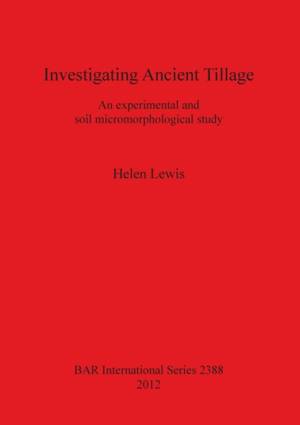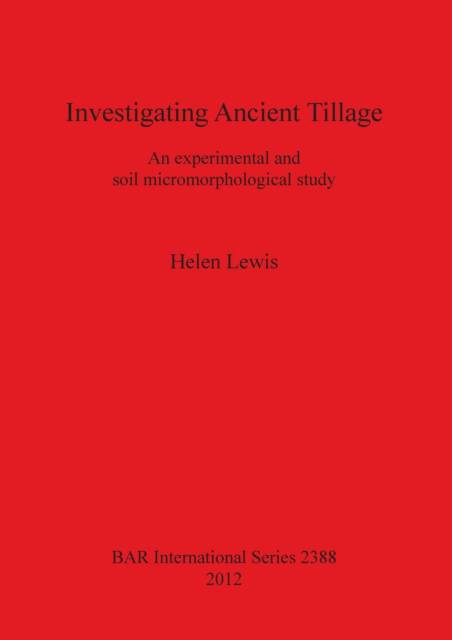
- Retrait gratuit dans votre magasin Club
- 7.000.000 titres dans notre catalogue
- Payer en toute sécurité
- Toujours un magasin près de chez vous
- Retrait gratuit dans votre magasin Club
- 7.000.0000 titres dans notre catalogue
- Payer en toute sécurité
- Toujours un magasin près de chez vous
Description
This volume presents a series of experimental investigations designed to explore the identification and characterisation of ancient arable farming through a feature-based morphology approach, and to assess previous work regarding the ability of soil micromorphological approaches to identify ancient tilled soils on the basis of profile and horizon characteristics. Studying ancient arable land use through soil micromorphology involves identifying remnant indicators of the processes and activities involved in cultivation in thin section. Regarding ancient tillage, there are two major types of indicators which should be examined micromorphologically: profile or horizon characteristics associated with the impact of cultivation on the soil, and the characteristics of macroscopic tillage features themselves. Much primary research has focused on the former, although the latter may prove to be both the least ambiguous, and of the most use in relating microscopic indicators to macroscopic archaeological features. This volume discusses experimental study of both of these aspects, in comparison to archaeological remains, and presents a feature morphology-based approach to the study of ancient arable land use.
Spécifications
Parties prenantes
- Auteur(s) :
- Editeur:
Contenu
- Nombre de pages :
- 124
- Langue:
- Anglais
- Collection :
- Tome:
- n° 2388
Caractéristiques
- EAN:
- 9781407309804
- Date de parution :
- 15-07-12
- Format:
- Livre broché
- Format numérique:
- Trade paperback (VS)
- Dimensions :
- 208 mm x 295 mm
- Poids :
- 430 g

Les avis
Nous publions uniquement les avis qui respectent les conditions requises. Consultez nos conditions pour les avis.






